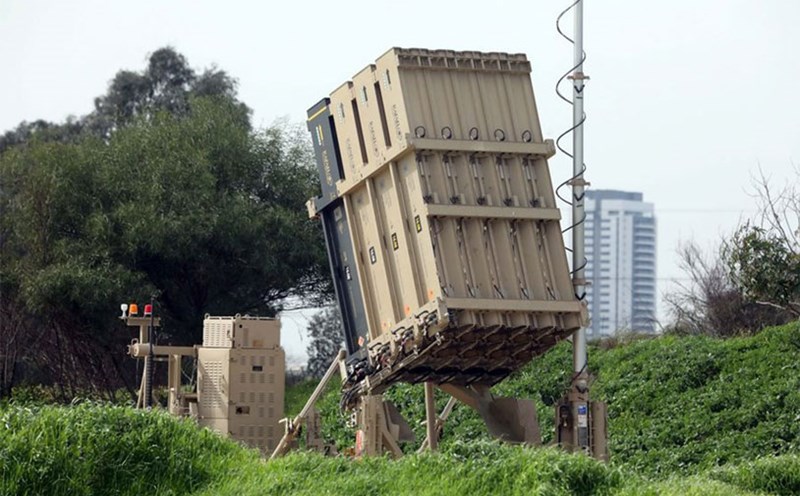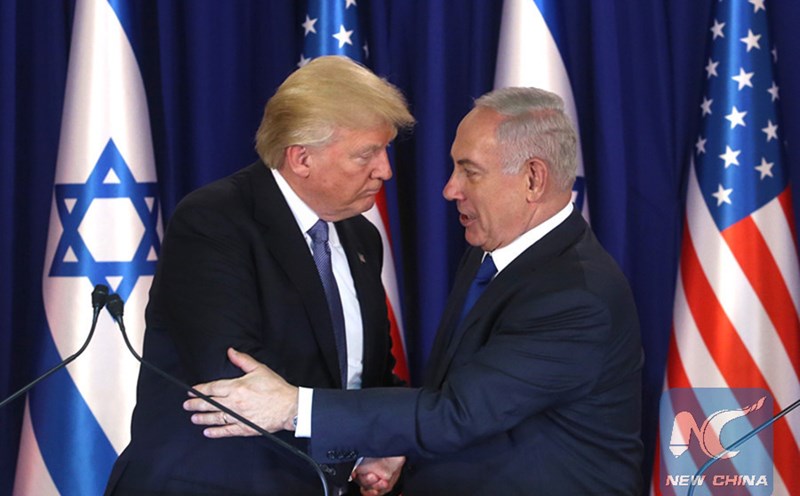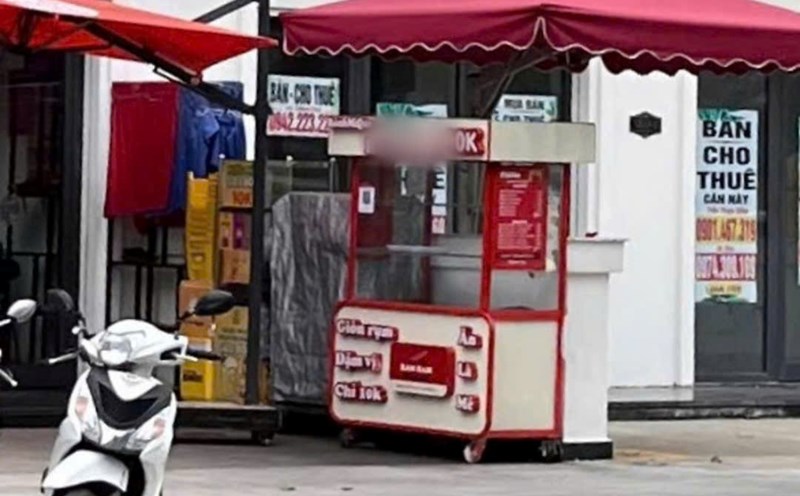On September 25, the Israeli Air Force launched airstrikes on Houthi military targets in the capital Sanaa (Yemen) in response to a series of attacks from Iran-backed forces, including the unmanned aerial vehicle (UAV) attack on the resort city of Eilat the day before.
According to the Israel Defense Forces (IDF), the airstrike involved dozens of Israeli aircraft, including about 20 fighters, along with reconnaissance and refueling aircraft.
This was the 19th Israeli airstrike on the Houthis in Yemen and also the most armed attack, with more than 65 shells dropped on 7 targets.
The targets of the attack included the headquarters of the Houthi General Staff, facilities belonging to security and intelligence agencies, headquarters of propaganda agencies and many weapons depots and military bases.
The Israeli military affirmed that it will continue to " conduct additional offensive operations in the near future" to eliminate any threats from the Houthis, "at any distance".
Israeli Defense Minister Israel Katz said that these "powerful" attacks had killed "dozens of Houthi gunmen" and destroyed UAV depots and weapons.
A few hours later, the Houthis launched a ballistic missile that sent a warning bell across central Israel, forcing hundreds of thousands of people to take shelter. The Israeli military said the missile was intercepted, and there were no reports of casualties or damage.
Houthi TV Al- Masirah called it an potential Israeli invasion of Sanaa, reporting at least eight dead and more than 140 injured.
Previously, on September 24, the Houthis launched a UAV carrying explosives to attack Eilat, injuring 22 people, including 2 serious cases. Israel has vowed to retaliate.










